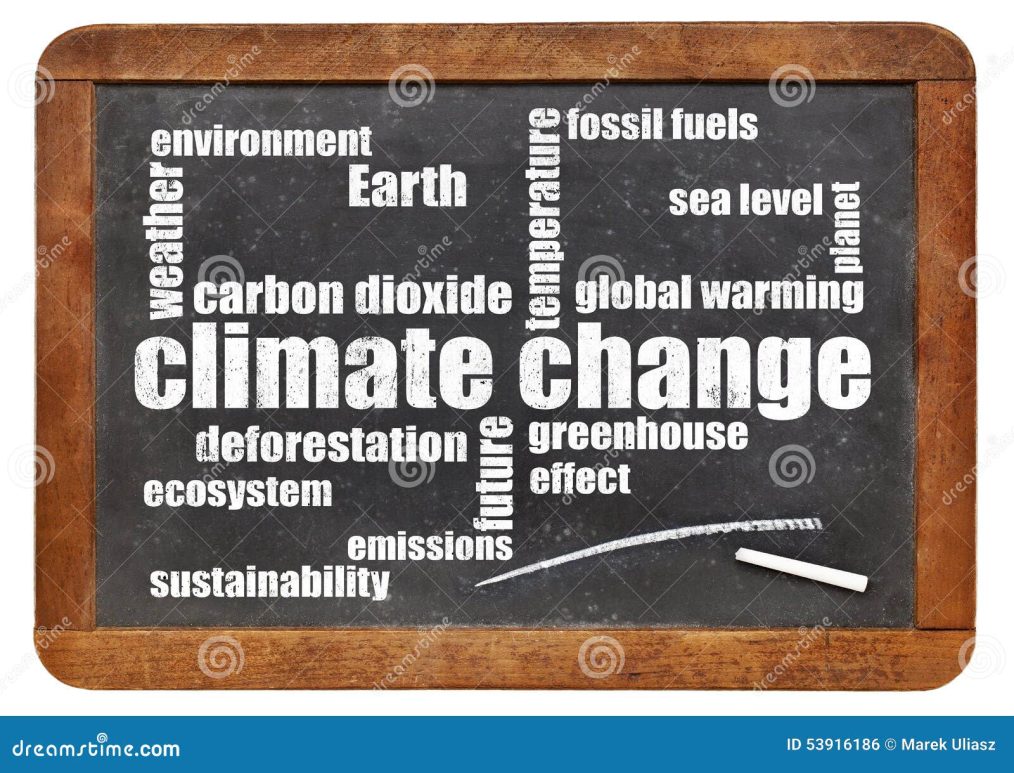
Ecomodernist Says Planet Healthier Than What Climate Activists Claim
California-based energy expert Michael Shellenberger argues that the media’s portrayal of the planet’s health is misleading, citing significant declines in natural disasters and related deaths over the past decades. Speaking at the Alliance for Responsible Citizenship (ARC) Conference in London, Shellenberger described the lack of accurate reporting as “one of the worst cases of climate misinformation and disinformation.”
High Energy Societies as a Solution
Shellenberger advocates for increased energy consumption to protect the environment, promoting a “pro-human vision” that includes “energy abundance, unlocking prosperity, and environmental progress.” He argued that conserving nature requires substitutes for natural resources, achieved through intensified energy consumption. “We save nature by using more energy so that we can produce more food on less land and return our farmed areas to grasses and forests,” he explained.
Energy advancements have lifted many people out of poverty and reduced land use for food production by over 60 percent since 1960, benefiting endangered species. “There is no rich low-energy country just as there is no poor high-energy one,” Shellenberger said. He identified nuclear energy as the “safest, cleanest” source, requiring significantly less land compared to solar and wind energy.
Shellenberger criticized Germany’s approach to reducing energy consumption, arguing that increasing gas consumption would effectively reduce coal use. “If you want to increase your carbon emissions, shut down your nuclear plants and follow the example of Germany,” he warned.
Challenges with Renewable Energy
Shellenberger also contended that the costs of renewable energy increase as their use scales up. He pointed out that the value of wind and solar energy decreases significantly when they make up a larger portion of an electricity grid. He argued that renewable energy’s advocates often overlook the costs of necessary infrastructure such as transmission lines and storage. “The more renewable you have, the higher the cost of your electricity,” he stated.
He also criticized the ethics of relying on solar panels produced by persecuted minorities in concentration camps, calling for an end to such practices.
Climate Change as a Modern Religion
Shellenberger suggested that the fervour of the climate change movement stems from the rise of atheism and secularization, drawing parallels between the climate change narrative and religious beliefs. “If we don’t have a God to believe, and if we don’t have a religion, we will create one, consciously or unconsciously, and that’s what’s occurred,” he concluded.



